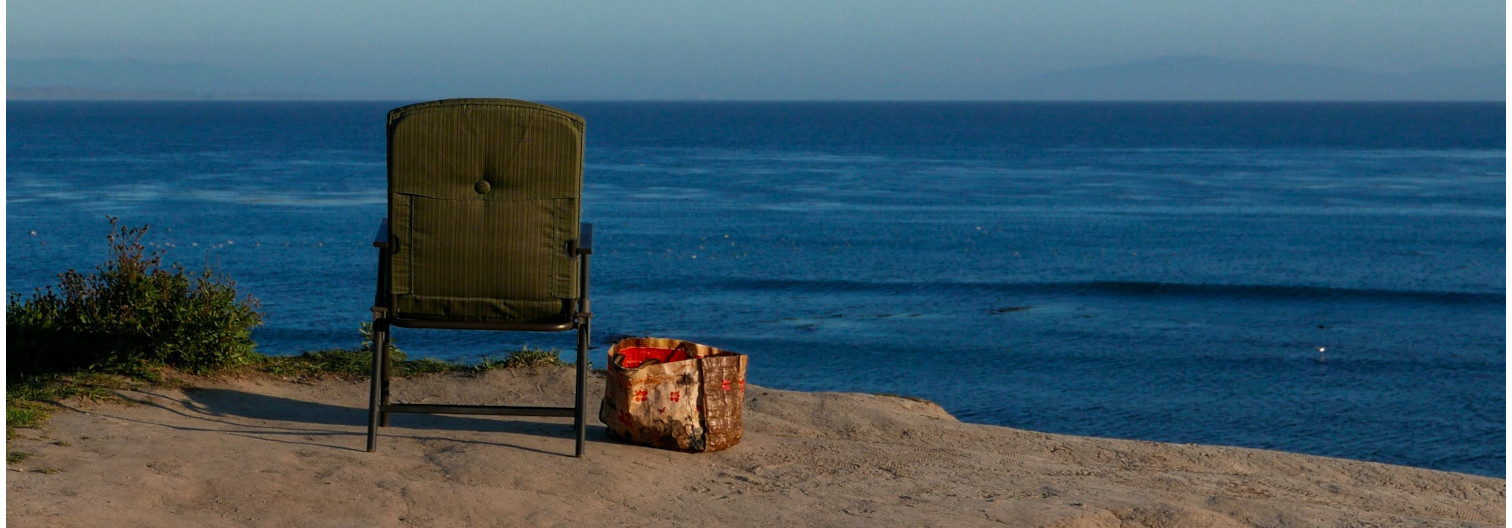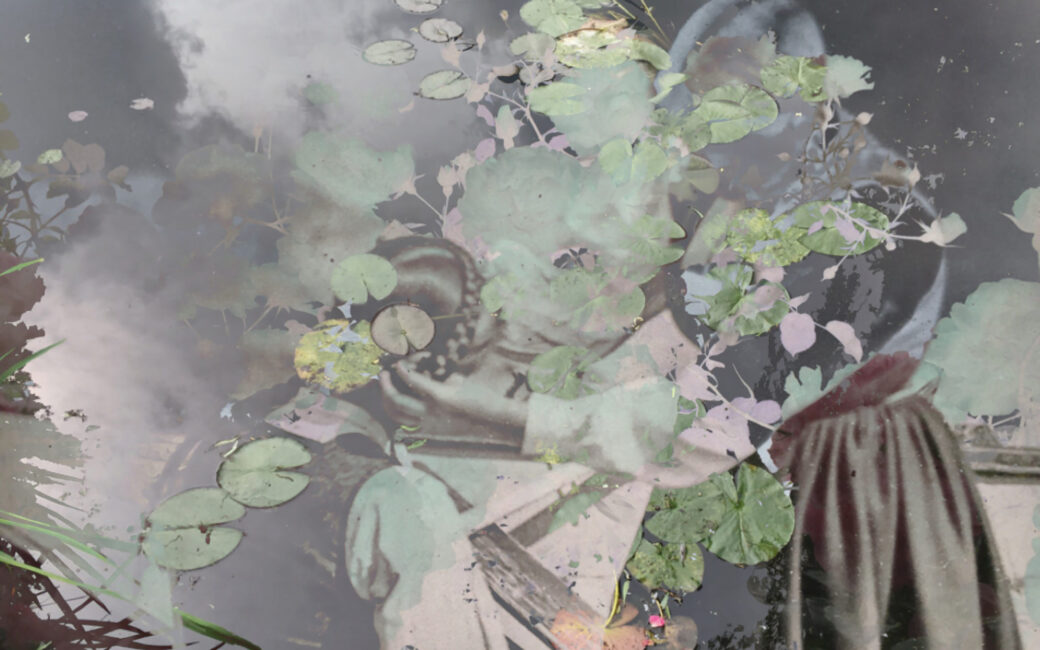 The sun does not rise easily. A whole planet must spin
The sun does not rise easily. A whole planet must spin
on its axis—take with it warring countries, pull culture
clashes and opposing ideologies round and round—to make
these days begin. The colors, not simple either—all splotches of red
and orange and another hue so hard to name I might call it
bravery—bold enough to smear the sky.
There’s a reason such audacious colors strip the heavens
of nightly blue elegance. Boldness requires space
and freedom and takes it all upon morning.
Do you have what it takes? You must,
for you’re a girl and no one will hand it
over, just like that. Be the rising sun. Be
the hue I cannot name.
Shuly Xóchitl Cawood
Shuly Xóchitl Cawood has an MFA from Queens University, and her creative writing has been published in places such as The Sun, Brevity, and The Rumpus, among others. Her poetry collection, Trouble Can Be So Beautiful at the Beginning, won the Adrienne Bond Award for Poetry and was just published by Mercer University Press (2021). She is also the author of the short story collection, A Small Thing to Want (Press 53, 2020), as well as the memoir, The Going and Goodbye (Platypus Press, 2017). You can read more about her writing at www.shulycawood.com.





